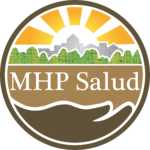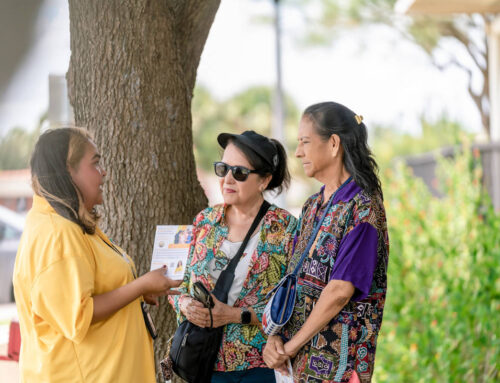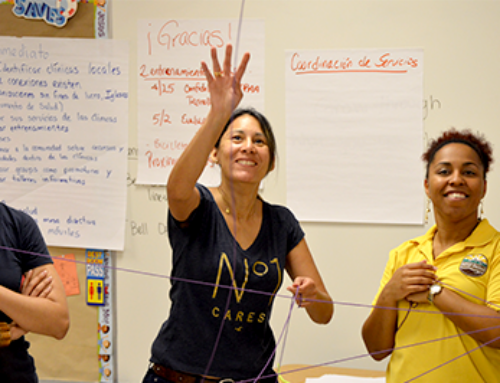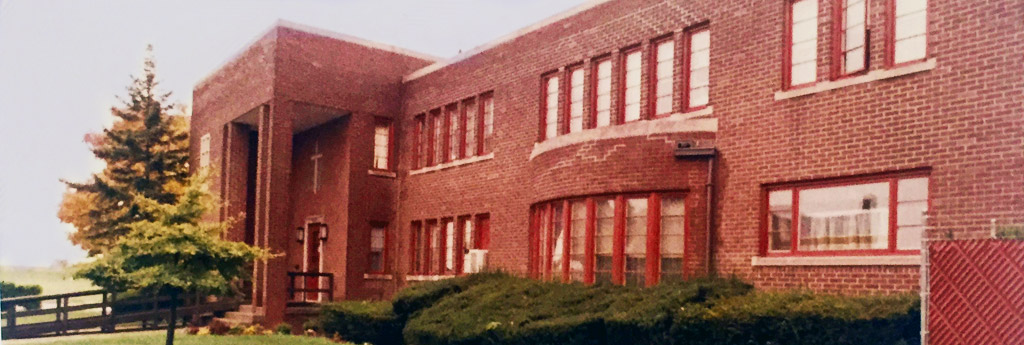
One of the Most Important Women in MHP Salud History Celebrates Her 100th Birthday
Sister Mary Maurita co-founded MHP Salud 35 years ago in order to bring health to migrants camps in the Midwest
Last week, Sister Mary Maurita, co-founder of MHP Salud, celebrated her 100th birthday. This special event is punctuated by our own celebration of 35 years of service here at MHP Salud. Sister Mary has provided invaluable guidance, knowledge, and a willful determination to create an organization that provides meaningful services for the Hispanic/Latino community. The celebration of Sister Mary’s 100th birthday provides an excellent opportunity to reflect on the legacy of MHP Salud, as well as the woman who played a pivotal role in its establishment.
From a young age, Sister Mary was keenly aware of the suffering of others. Even as a child, she took action to help others as best she could.
As she grew older, the motivation to help those in need only grew. Sister Mary cast aside the norms of that time, and pursued higher education in order to become a nurse. She ultimately received her master’s in hospital administration. In 1945 she joined the Sisters of Mercy in Detroit, Michigan, where she supported the work of serving the needy and the poor.
“I was very aware of the number of Hispanic people who were working in the field all along the west side of Michigan,” she said. “Those people would go without medical care, because they were afraid to come to a hospital.”
Sister Mary also played a role in founding the National Migrant Worker Council (NMWC), which provided a space for religious women to collaborate in their efforts toward improving migrant health, education, and access to social services. The NMWC sought to develop innovative solutions to the specific needs of largely Hispanic and Latino migrant farm workers. With initial funding from The Department of Health and Human Services, the NMWC conducted a formal needs assessment of migrant workers in the Midwest. The results informed the development of the Migrant Health Services Directory and the Camp Health Aide Program. It was within the original Camp Health Aide Program in Bangor, Michigan, that community members first provided their expertise as Community Health Workers (CHW), also known as Promotor(a)s de Salud
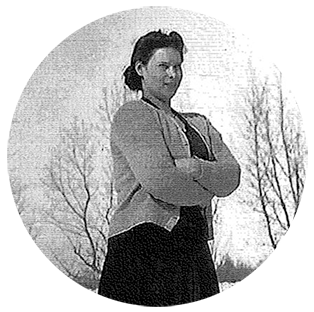
Sister Maurita as a younger woman.
Women living within migrant camps were trained as health educators and outreach workers. It soon became very clear that these women provided a valuable means of identifying people with health concerns living within the migrant camps, and referring these new patients to the services that they needed. The Camp Health Aide Program was ultimately replicated in other migrant camps throughout the Midwest.
The successful outcomes of this program informed the decision to incorporate the CHW model in all future health outreach initiatives.
Over the span of many years, Sister Mary and fellow founders Sister Judith Mouch and Genoveva Martinez eventually transformed the Midwest Migrant Health Information Office into the organization now known as MHP Salud.
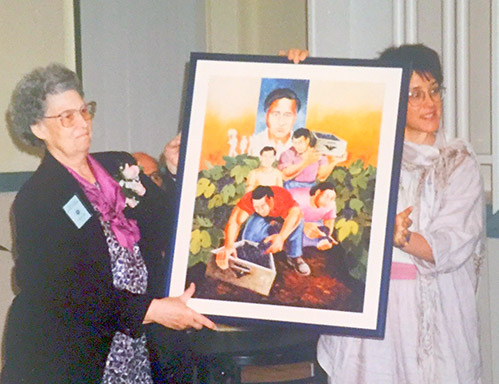
Sister Maurita at the National Migrant Worker Council in 1994.
“We [the founders] believed that farmworkers would listen to [their peers] about health care issues. You are always going to have… people working in the fields who feed us. We need to continue to support them to improve their lives. Respect and be grateful for the work that they do and design health promotion programs in holistic ways.”
These include topics like maternal and child health, aging in place, and cancer screening and referrals. At the core of each of these successful outreach programs is the utilization of the Community Health Worker (CHW) model. Over the past 35 years, the CHW model has allowed MHP Salud to deliver health outreach that is culturally appropriate for traditionally hard-to-reach and underserved communities.
“If there is a need to be addressed and you want to do something about it, you can,” says Sister Maurita. “You have to have a few dreamers in the group, but you also need to have some honest-to-goodness ‘doers’ who can take the dream and work out the nuts and bolts on paper and make it happen.”
Happy Birthday Sister Mary Mauritas, and from everyone at MHP Salud, thank you for your commitment to Hispanic and Latino health!
About MHP Salud
MHP Salud has over thirty years of experience implementing CHW programs and training organizations looking to start and/or strengthen their own CHW programs. For more information about MHP Salud, our services, and how we can help you, please email us at info@mhpsalud.org

